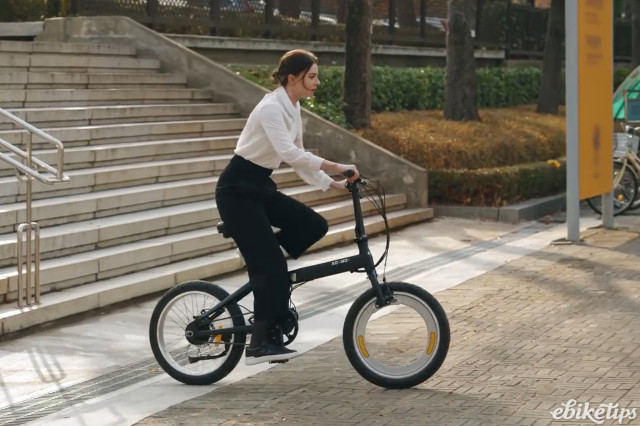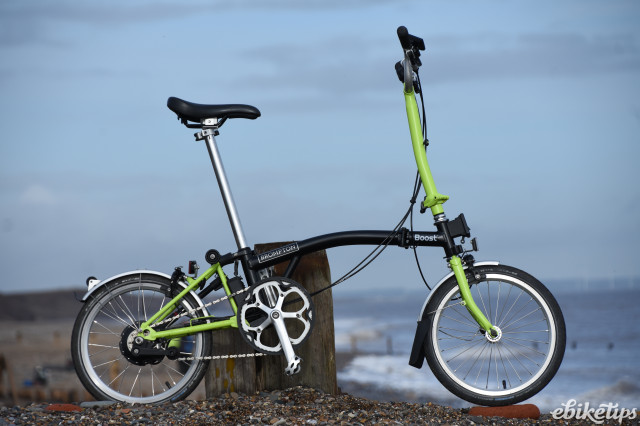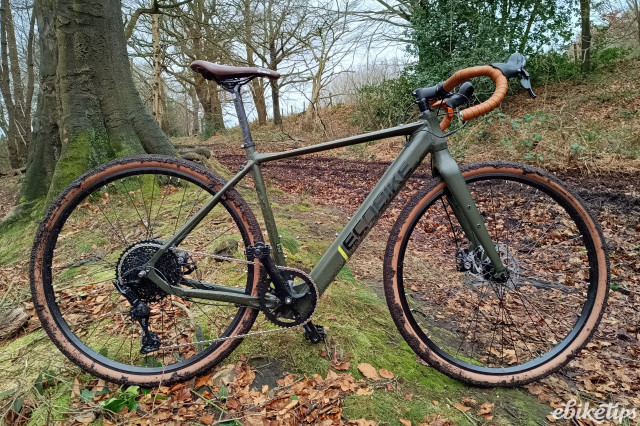The founder of micromobility retailer Pure Electric, which has been “working closely” with the government on the matter, predicts that privately owned e-scooters will be legalised within the next 12 months. “Nearly everywhere else in the world is legal and I think we will just adopt the same rules as they have in Germany,” said Adam Norris.
In May, the government confirmed that e-scooters would be legalised through the creation of a new low-speed, zero-emission vehicle category. What it rather conspicuously failed to add was when this would actually happen.
Pure Electric has recently gone all-in on e-scooters, announcing in July that it would phase out the sale of its e-bikes. Shortly afterwards, it signed a deal for its e-scooters to be stocked in Currys.
This may sound a risky focus given that it is currently illegal to use e-scooters on public roads, but speaking to Business Live, Norris highlighted two major reasons why he doesn’t feel he’s taking a gamble.
First of all, despite being a UK business, Pure’s biggest market is actually France.
“It’s a bit like Mercedes thinking they can't sell their car in Germany,” he explained. “It would be a shame, but from a global business it’s not.”
Secondly, after working with the government on safety guidelines and other criteria, he is confident that the vehicles will be legalised in the UK before too long.
“We’re the last major country not to have legalised,” he said. “So Germany’s gone, France, Spain, US – nearly every major country in the world have got scooters except for the UK.
“[The government’s] argument was Brexit slowed us down and then with Covid we’ve got other things to concentrate on. We were just the slowest is the truth. Nearly everywhere else in the world is legal and I think we will just adopt the same rules as they have in Germany.”
In Germany, anyone over the age of 14 can ride an e-scooter – although you do need third party insurance. While you don’t need to have a driving licence, traffic rules for motorists apply, meaning you can get points on your licence or a driving ban. The vehicles are not allowed on pavements.
Pure has been aligning its products with German rules and regulations and safety standards, which means having two independent brakes, a bell (or horn) and ensuring all e-scooters have lights and reflectors. Regulation would of course set standards for all manufacturers to meet.
Norris said his firm was taking an “ambitious but steady” approach with a goal of selling a million e-scooters a year in five years’ time.
The firm recently launched the Pure Air Advance, a 'revolutionary' e-scooter with an unconventional front-on riding position enabled by fold-out running board style 'footpads'.






